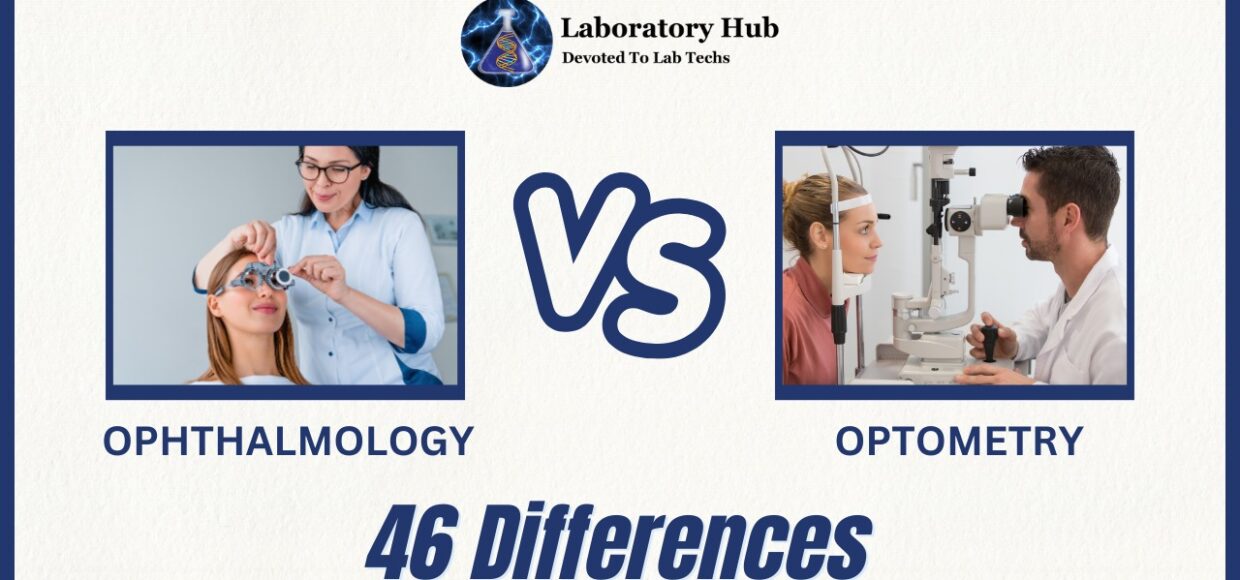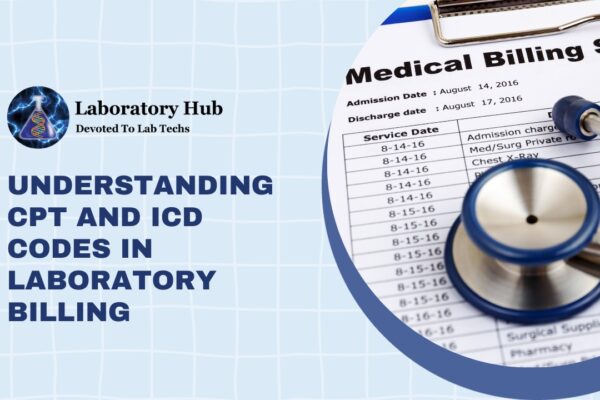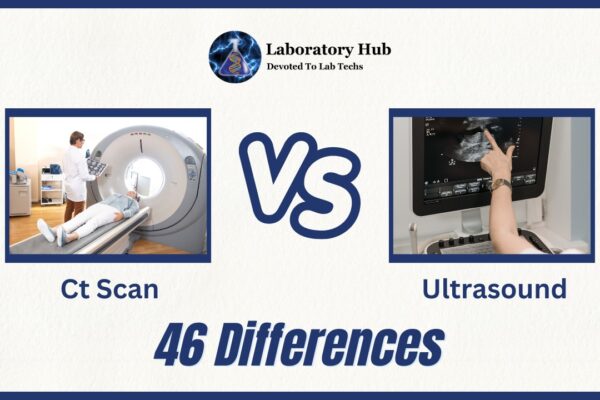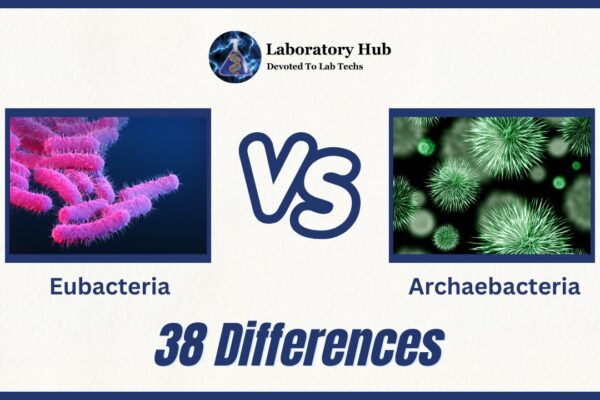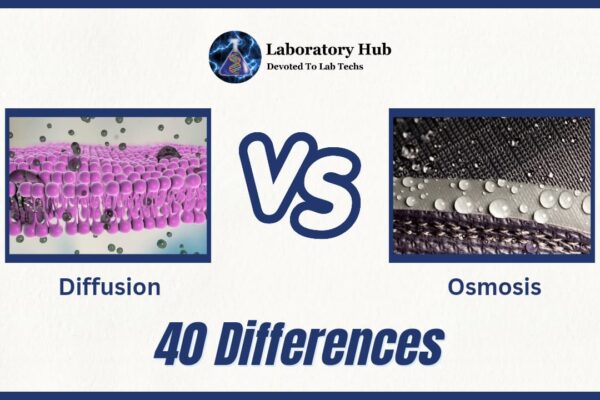46 Differences Between Ophthalmology and Optometry
Ophthalmology is a medical specialty that focuses on the diagnosis, treatment, and prevention of eye and visual system diseases and disorders. Ophthalmologists are medical doctors (MDs) or Doctor of Osteopathic Medicine (DOs) who specialize in vision. They receive comprehensive medical training, which includes a four-year school of medicine program preceding a three to four-year residency program.
Cataracts, glaucoma, macular degeneration, diabetic retinopathy, and other eye ailments and diseases are among those they identify and treat. They also do surgeries on the eyes such as cataract surgery, LASIK, and retinal surgery.
Ophthalmologists may recommend eyeglasses and contact lenses to help correct vision issues.
They do comprehensive eye exams to check general eye health and screen for any problems. Ophthalmologists are trained to treat eye injuries caused by accidents, trauma, or other situations. Pediatric ophthalmology (for children), neuro-ophthalmology (related to the nervous system and eyes), and oculoplastic (reconstructive and aesthetic eye surgery) are all fields in which certain ophthalmologists concentrate.
Optometry is a discipline of medicine concerned with vision care and visual health. Doctor of Optometry (ODs), commonly known as optometrists, are qualified professionals in this discipline. They offer a wide range of eye and vision care services, with a major focus on assessing and repairing refractive problems and detecting common eye disorders.
Optometrists conduct thorough eye exams to assess visual acuity and uncover any problems with visual clarity. These examinations are used to determine whether corrective lenses, such as eyeglasses or contact lenses, are required. Refraction is the process of calculating the corrective lens prescription for refractive problems such as myopia, hyperopia, astigmatism, and presbyopia. Optometrists prescribe eyeglasses and contact lenses to patients to help them attain clear vision and correct refractive faults.
Optometrists diagnose and treat a wide range of visual problems and conditions. This includes dry eye syndrome, amblyopia (lazy eye), strabismus (eye misalignment), and other diseases. Optometrists use gadgets, training, and other tactics to assist people with limited vision make the most of their remaining eyesight. Optometrists provide advice on maintaining good eye health and preventing eye issues. Optometrists might send patients to ophthalmologists if their condition requires surgery or more expert medical care.
Also Read: B Cells vs T Cells- Definition and 25 Key Differences
S. No. | Aspects | Ophthalmology | Optometry |
1 | Definition | Medical specialty dealing with eye diseases | Healthcare profession specializing in vision care |
2 | Education | Requires medical school (MD or DO) | Requires optometry school (OD) |
3 | Scope of Practice | Diagnoses, treats, and performs eye surgery | Primarily assesses vision and prescribes glasses or contacts |
4 | Surgical Procedures | Performs eye surgeries (e.g., cataract, LASIK) | Does not perform eye surgeries |
5 | Medical License Requirement | Requires a medical license | Requires an optometric license |
6 | Eye Disease Treatment | Treats a wide range of eye diseases and conditions | Focuses on basic eye health and vision correction |
7 | Specialization | Offers subspecialties (e.g., retinal, cornea) | May specialize in areas like pediatric optometry or low vision |
8 | Prescribing Medications | Can prescribe medications for eye conditions | Can prescribe medications for certain eye conditions |
9 | Patient Referral | Receives referrals from optometrists | May refer patients to ophthalmologists for specific issues |
10 | Eye Surgery Consultation | Provides consultations for eye surgery | May refer patients for surgical consultations |
11 | Comprehensive Eye Care | Provides comprehensive eye care services | Focuses on routine eye exams and vision correction |
12 | Medical Insurance Coverage | Generally covered by medical insurance | Often covered by vision insurance |
13 | Vision Correction | May offer vision correction services | Primarily focuses on vision correction |
14 | Eye Disease Diagnosis | Diagnoses and manages eye diseases | May diagnose common eye diseases and refer complex cases |
15 | Emergency Eye Care | Provides emergency eye care services | May provide basic emergency eye care |
16 | Research and Clinical Trials | Conducts clinical research and trials | Limited involvement in research and trials |
17 | Residency | Requires ophthalmology residency training | Typically does not require a residency |
18 | Continuing Education | Requires ongoing medical education | Requires ongoing optometric education |
19 | Glaucoma Management | Manages glaucoma through medications and surgery | May detect glaucoma and refer for management |
20 | Contact Lens Fitting | Can fit specialty contact lenses | Expert in fitting regular contact lenses |
21 | Low Vision Rehabilitation | Offers low vision rehabilitation services | May refer for low vision rehabilitation |
22 | Pediatric Eye Care | Provides pediatric eye care services | Offers pediatric eye exams and referrals as needed |
23 | Diabetic Eye Care | Manages diabetic eye conditions | May refer patients for diabetic eye care |
24 | Retinal Disease Management | Treats retinal diseases (e.g., macular degeneration) | May diagnose and refer for retinal conditions |
25 | Optics and Lens Design | May be involved in developing new optical technologies | Focuses on using existing optical technologies |
26 | Visual Field Testing | Performs visual field tests for various conditions | May conduct basic visual field testing |
27 | Ocular Prosthetics | May fit and manage ocular prosthetics | Typically not involved in ocular prosthetics |
28 | Geriatric Eye Care | Offers specialized eye care for older adults | Provides eye care for older adults |
29 | Macular Degeneration Treatment | Provides treatment for macular degeneration | May refer patients for macular degeneration care |
30 | Corneal Diseases Management | Manages corneal diseases and conditions | May diagnose and refer for corneal conditions |
31 | Preschool Vision Screening | Conducts vision screening for preschool-aged children | Offers vision screening for young children |
32 | Specialty Imaging | Utilizes advanced imaging for diagnosis and monitoring | Uses basic imaging for diagnosis and assessment |
33 | Trauma and Injury Management | Manages eye trauma and injuries | May provide initial care for eye injuries |
34 | Dry Eye Management | Treats dry eye syndrome and related conditions | May diagnose and refer for dry eye management |
35 | Neurological Eye Conditions | Diagnoses and manages neurological eye conditions | May refer for neurological eye conditions |
36 | Vision Therapy | Offers vision therapy for certain conditions | May refer for specialized vision therapy |
37 | Industrial and Occupational Vision Care | Provides specialized occupational vision care | May assess basic vision needs in the workplace |
38 | Sports Vision | May provide sports vision assessment and training | Typically not involved in sports vision |
39 | Community Outreach | Often involved in community eye health programs | May participate in community vision screenings |
40 | LASIK Consultations | Offers LASIK consultations and co-management | May refer patients for LASIK consultations |
41 | Vision Rehabilitation | Offers vision rehabilitation for visually impaired individuals | May refer for vision rehabilitation services |
42 | Optical Dispensing | May dispense prescription eyeglasses and contact lenses | Typically involved in fitting, not dispensing |
43 | Primary Eye Care Provider | May serve as a primary eye care provider | Typically considered the primary eye care provider |
44 | Professional Organizations | Often part of organizations like the American Academy of Ophthalmology | May belong to organizations like the American Optometric Association |
45 | Surgical Suite Access | Has access to surgical facilities for procedures | Does not perform surgical procedures |
46 | Subspecialty Fellowship Training | Offers subspecialty fellowships for advanced training | Typically does not offer subspecialty fellowships |
Also Read: Innate Immunity vs Adaptive Immunity- 35 Differences
Frequently Asked Questions (FAQs)
Cataracts, glaucoma, retinal abnormalities, corneal illnesses, and other eye ailments are all diagnosed and treated by ophthalmologists. They are capable of doing cataract surgery, LASIK, and retinal detachment repair.
If you have changes in your vision, eye pain, irritation, redness, swelling, or any other concerns about your eyes, you should consult an ophthalmologist. Maintaining good eye health also necessitates regular eye exams.
A cataract is a clouding of the natural lens of the eye that causes visual loss. It is typically associated with ageing, but it can also be caused by accident, heredity, or certain medical disorders.
Glaucoma is a collection of eye disorders that cause optic nerve damage, often as a result of increasing intraocular pressure. It can cause progressive visual loss and, if untreated, blindness. For early detection, regular eye exams are crucial.
Adults should undergo a full eye checkup every 1-2 years, or more frequently if indicated by an eye care specialist. Children and others with certain eye disorders may need more frequent checkups.
In some states, optometrists are permitted to conduct minor surgical treatments such as foreign body removal and laser procedures. Major eye procedures, on the other hand, are normally performed by ophthalmologists.

